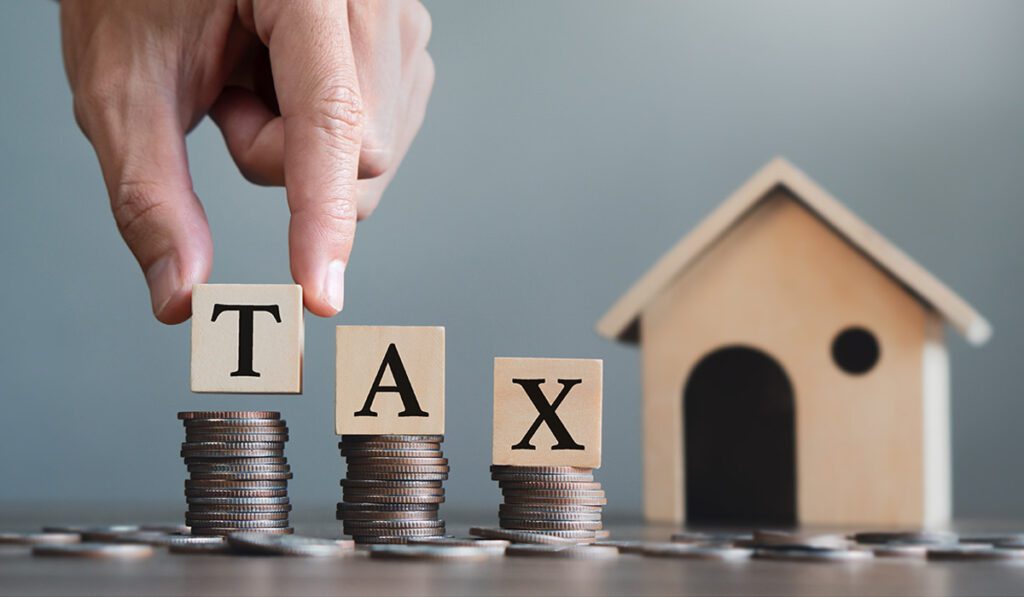

Hong Kong is a particularly favorable region for local and international businesses due to its flexibility in taxation and incorporation laws. Unlike other countries, there are clear-cut regulations on operating on the right side of the law and staying sustainable.
Housing benefits and Hong Kong tax housing allowance form a significant part of employee compensation packages in Hong Kong. However, understanding the tax implications surrounding these benefits is essential for employers and employees.
In Hong Kong, the Inland Revenue Department (IRD) has established clear guidelines on how housing benefits should be treated for taxation purposes.
Whether you are a CEO, business manager, owner, or prospective Hong Kong local customer seeking information on company incorporation services, understanding the tax implications of housing benefits can help you make informed decisions and optimize your tax position.
This article aims to shed light on the tax implications of the Hong Kong tax housing allowance and provide insights into the relevant tax rules, potential tax savings, and the key considerations businesses and individuals should keep in mind.
Hong Kong Tax Housing allowance in Hong Kong
Housing benefits and Hong Kong tax housing allowance play a crucial role in the compensation packages offered to employees in Hong Kong. Employers may provide accommodation or grant a housing allowance to their employees.
The Inland Revenue Department (IRD) has established clear guidelines on the tax treatment of these benefits. Depending on the type of benefit provided and certain conditions, the rental value of accommodation may be subject to taxation or actual rental expenses eligible for tax deductions.
If the Assessor of the Inland Revenue Department accepts that an employer has provided their employees with housing. In such cases, only the rental value will be taxed. If not, the employer’s benefits must be assessed as a perquisite at its cash value. Instances of such requirements include:
- Subsidies on mortgage interest payments
- Refunds of mortgage payments
- Rental allowance
Understanding the tax rules surrounding housing benefits is essential for employers and employees to ensure compliance and optimize tax savings.
The Relevant Tax Rules on Hong Kong tax housing allowance
Under the Salaries Tax regime in Hong Kong, housing benefits provided by employers to their employees are generally subject to taxation. These benefits can take various forms, including providing accommodation or granting a housing allowance.
If an employer provides housing allowance in cash, the amount received by the employee is typically considered fully chargeable to salaries tax. If the accommodation is provided for the performance of duties and the employer has exercised proper control over the use of the money on payment of rent, the benefit is chargeable to salaries tax in the form of rental value.
On the other hand, if an employer grants a housing allowance to an employee, the tax treatment depends on whether the allowance is used to cover the employee’s actual rental expenses. If the allowance is used for this purpose, the employee may be eligible to claim a deduction for the rent paid, subject to certain conditions.
An Example of Potential Tax Saving
To illustrate the potential tax savings, let’s consider a scenario where an employee receives a monthly housing allowance of HKD 20,000.
If the employee’s actual rent is HKD 15,000 per month and the employee can provide supporting documentation for the rent paid, they may be able to claim a deduction for the HKD 15,000, reducing their assessable income. This deduction can lead to a lower tax liability and potentially significant tax savings.
Relevant Tax Issues on Housing Benefits
It is crucial to be aware of certain tax issues related to housing benefits in Hong Kong.
The tax treatment can vary depending on factors such as the type of accommodation provided, the payment of rent, and whether the employer has exercised proper control over the accommodation. Each situation must be carefully assessed to determine the tax implications accurately.
Ensuring accurate record-keeping is vital for complying with tax regulations. Retaining rental receipts or other evidence of payment is necessary to substantiate the claim for deduction. Additionally, it is essential to maintain proper documentation to support any claims for tax deductions.
How Can We Help – Our Taxation Services
At Premia TNC, we offer comprehensive taxation services to assist businesses and individuals in navigating the complexities of housing benefits and taxation in Hong Kong.
As an experienced accounting and taxation services provider, we understand the unique challenges and requirements associated with housing benefits in the local context.
Our dedicated team of professionals is well-versed in Hong Kong’s tax regulations and stays up-to-date with the latest developments. We provide expert advice on the tax implications of housing benefits, ensuring compliance with the law while maximizing tax savings for our clients.
Whether you are an employer seeking guidance on structuring housing benefits for your employees or an individual looking to optimize your tax position, we have the expertise to assist you. Our services include tax planning, preparation of tax returns, and personalized advice tailored to your specific needs.
By partnering with us, you can rely on our knowledge and experience to guide you through the intricacies of housing benefits taxation in Hong Kong. Contact us today to learn more about our accounting and taxation services and how we can help you navigate the complexities of Hong Kong’s tax system effectively.
Frequently Asked Questions
1. Are housing benefits tax-deductible in Hong Kong?
Depending on the type of housing benefit provided, the rent paid by employees may be tax-deductible under certain conditions.
2. What documentation is required to support a claim for tax deduction on rental expenses?
Rental receipts or other evidence of payment should be retained as supporting documents for tax deduction purposes.
3. Can employers provide rent-free accommodation without tax implications?
Rent-free accommodation may still have tax implications, and it is advisable to consult with tax professionals to understand the specific circumstances.
4. What is the difference between Salaries Tax and Profits Tax?
Salaries Tax is imposed on individuals’ income, while Profits Tax is levied on the assessable profits of corporations and businesses.


















